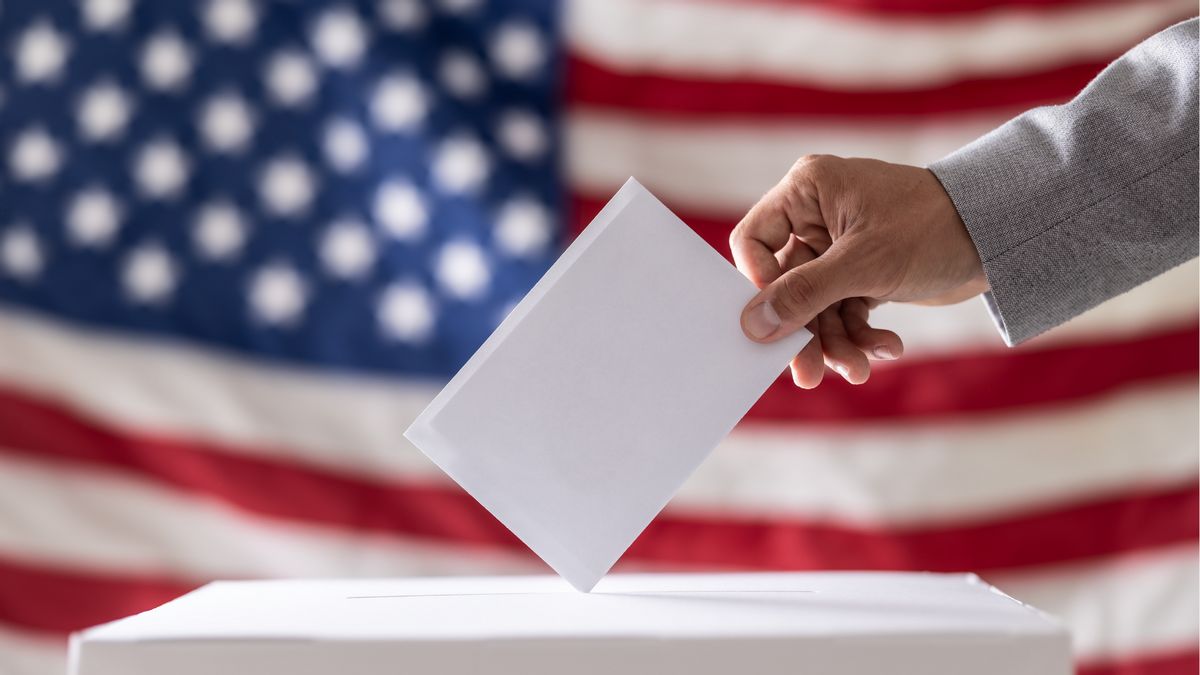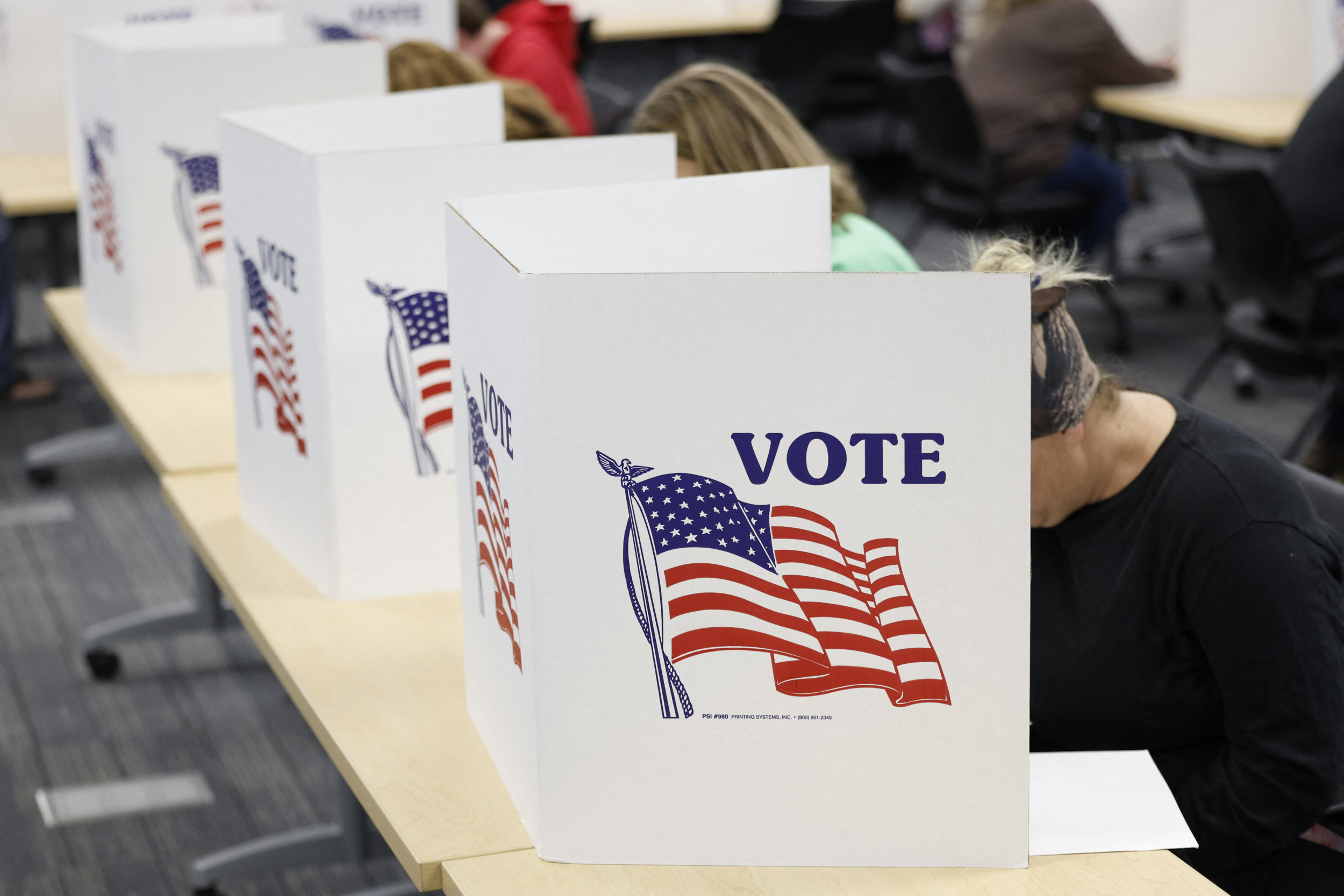Only two states are holding gubernatorial elections in 2025: New Jersey and Virginia. After every presidential election, national attention turns to these two states to see who they vote for to lead as governor.
While both states may indicate public perception of the current presidential administration, Virginia’s response is seen by many as more consequential than New Jersey’s. New Jersey has not elected a Republican senator since Clifford P. Case in 1972 and has not voted for a Republican presidential candidate since George H.W. Bush in 1988. However, it did elect Republican Chris Christie as governor in 2009 and 2013.
Virginia, on the other hand, has trended more Democratic in recent years. The Commonwealth voted for the Republican presidential candidate in every election from 1968 to 2004, but in 2008, it began its leftward trend as a lean blue state. Virginia has also elected former Democratic governors Mark Warner and Tim Kaine for three consecutive terms in the U.S. Senate, starting in 2008 and 2012, respectively.
Virginia’s gubernatorial elections are a different story. The state has a unique rule: It does not allow governors to run for consecutive terms.
From 1977 to 2013, Virginia elected a governor from the opposing party of the sitting president. Despite voting for Democrats at the federal level in 2020 and 2024, Virginia elected Republican Glenn Youngkin as governor in 2021.
Due to these factors, and Virginia being a major swing state for gubernatorial candidates, all eyes are on the Commonwealth for its reaction, as it will serve as a response to Donald Trump’s second term in office.
Based on Virginia’s trend of swinging in the opposite direction of incumbent presidents, and the approval ratings for President Trump standing around 40%, according to Pew Research, the odds are currently in favor of the Democrats. Abigail Spanberger, the Democratic nominee for governor, is also leading in many early polls. However, the 2013 and 2021 elections were both extremely close, as both winners were decided by less than three percentage points.
The position of the race can also change in a heartbeat, and polls are not necessarily always reliable. In 2013, Democratic nominee Terry McAuliffe held a significant lead in the polls, with the election being much tighter than expected. In 2021, when McAuliffe returned for an attempt at a second term in the governorship, he held his lead in the polls up until the end of October, when the race quickly narrowed in favor of the Republicans.
No matter which candidate wins in the upcoming election, the losing party will have to rethink its campaigning strategies; otherwise, they may face a major loss in the 2026 Senate and House elections across the U.S.
Early voting for party primaries has started in Virginia. For more information, click here, or visit the Virginia Department of Elections website.
Copyright 2025 by WSLS 10 – All rights reserved.














